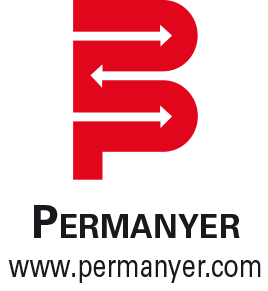Treatment with ramucirumab, a recombinant human immunoglobulin G1 monoclonal antibody vascular endothelial growth factor-receptor-2 antagonist, in two global phase III randomized trials (REGARD and RAINBOW), demonstrated significant improvements in overall and progression-free survival in patients with previously treated advanced gastric cancer. This analysis aims to identify characteristics of Latin American cohorts from REGARD and RAINBOW. In the REGARD study, patients whose disease had progressed after fluoropyrimidine and/or platinum-containing chemotherapy received ramucirumab (8 mg/kg intravenously every two weeks) or placebo plus best supportive care. In the RAINBOW study, patients received either ramucirumab (8 mg/kg) or placebo on days 1 and 15 plus paclitaxel 80 mg/m2 on days 1, 8, and 15 (28-day cycle). Post hoc analyses of baseline patient characteristics, efficacy, and adverse events in Latin American cohorts were performed. Latin American patients comprised 16.1% (57/355) and 6.6% (44/665) of REGARD and RAINBOW intent-to-treat populations, respectively. Baseline imbalances were observed between treatment arms within the Latin American subpopulations in both trials. The survival trends in the Latin American patients appear consistent with the outcomes in the intent-to-treat population with a manageable safety profile. Inferences may be limited due to small sample size; however, according to this retrospective analysis, ramucirumab seems to be an appropriate option for Latin American patients with previously treated advanced gastric cancer.
|



